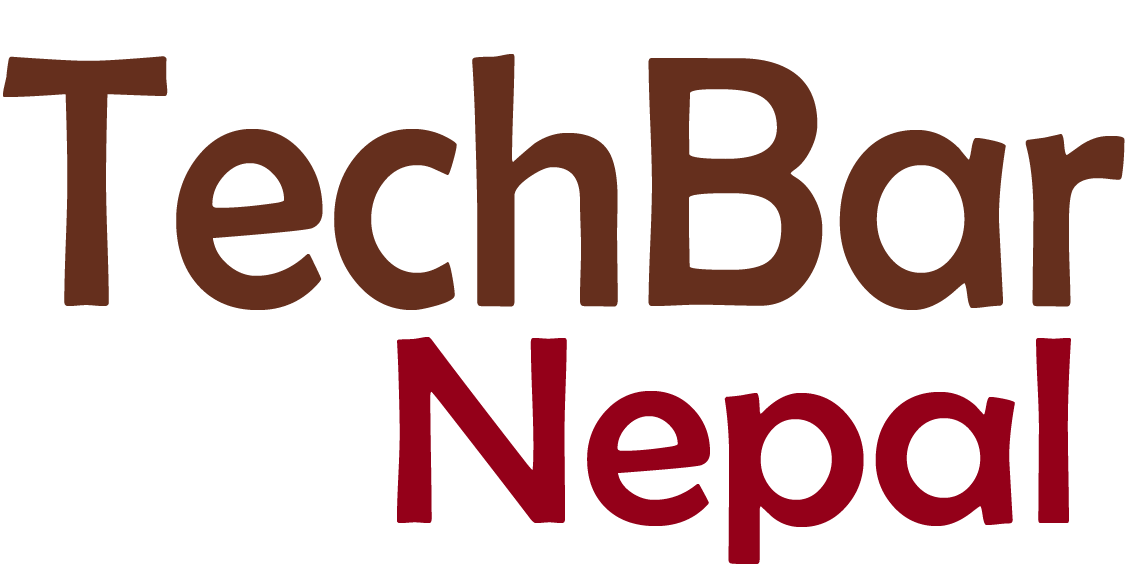AI-Generated E-Books Spark Concerns Over Authenticity and Transparency
As of mid-February, over 200 e-books in Amazon’s Kindle store were listed as authored or co-authored by ChatGPT, an AI program that can generate text. The sudden adoption of ChatGPT by first-time authors using Amazon’s self-publishing unit has sparked frenzied activity in tech circles, with investors pouring money into AI-focused start-ups.
One such author is Brett Schickler, a salesman in New York, who used ChatGPT to write a 30-page illustrated children’s e-book about financial literacy. The emergence of ChatGPT has already ruffled some of the biggest technology firms, prompting Alphabet and Microsoft to debut new functions in Google and Bing.
However, concerns over authenticity have been raised, as ChatGPT learns how to write by scanning millions of pages of existing text. This has led to worries that AI-generated e-books could threaten the book industry and put “real” authors out of work.
Furthermore, there is a need for transparency from authors and platforms about how these books are created to avoid flooding the market with low-quality books. Amazon’s policies do not require authors to disclose that their book was written with the help of AI, leading to concerns about transparency.
For instance, a 119-page novella called Galactic Pimp: Vol. 1, which can be purchased for just $1 on Amazon’s Kindle e-book store, was created in less than a day using AI by an author who goes by Frank White. Many authors feel no duty to disclose in the Kindle store that their novel was written using a computer.
CNET’s experiment with AI resulted in multiple corrections and apparent plagiarism before the tech news site suspended its use. This highlights the need for caution when using AI to create content.
Despite the concerns, ChatGPT’s rapid consumer adoption has given technology firms a new purpose amid the gloom of massive layoffs. Microsoft, for one, received fawning coverage after integrating ChatGPT into its otherwise moribund Bing search engine.
In the face of the growing use of AI to create e-books, it is important for authors and platforms to be transparent about their use of these technologies to maintain the integrity of the book industry.
For the latest tech news, follow Techbar Nepal on Facebook, and Instagram.
For Digital Products and Services: Maurisys Software.




